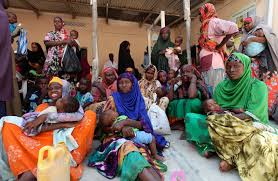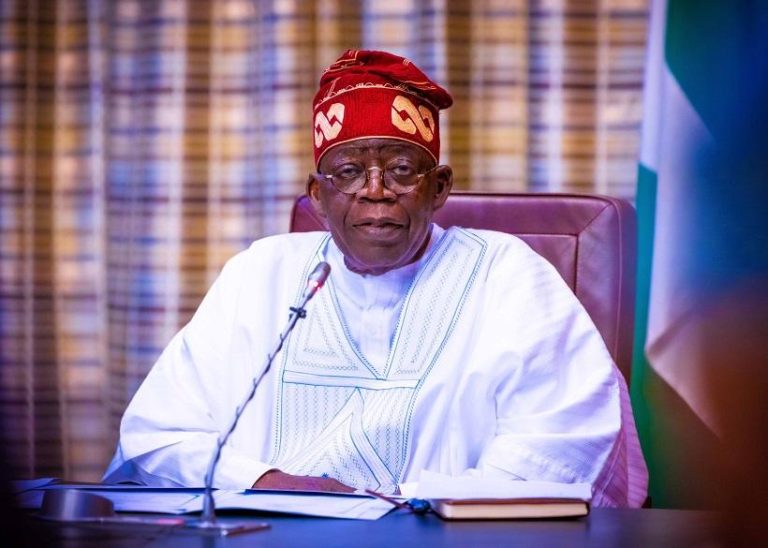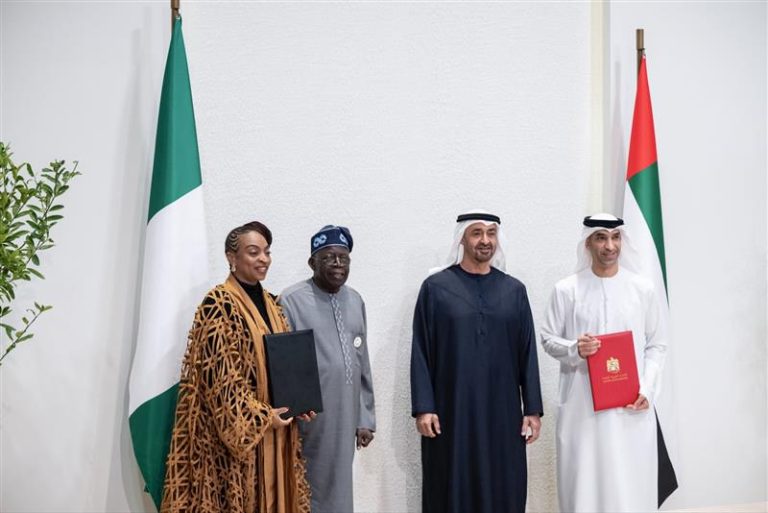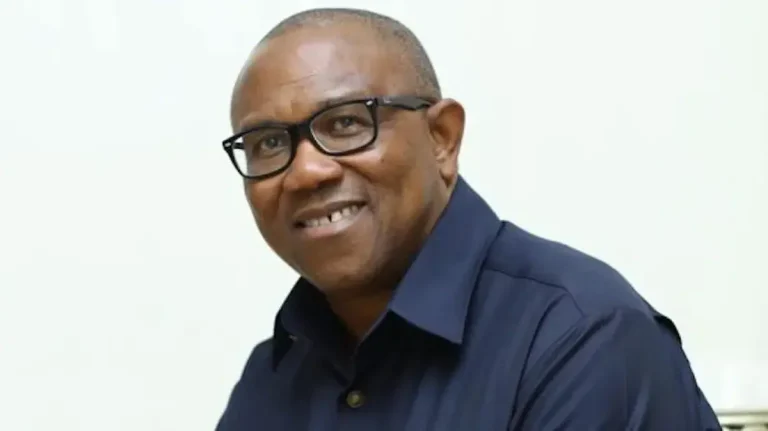
One of the world’s largest health coalitions has sounded the alarm: foreign aid is drying up, and the consequences could be catastrophic. T
o stave off widening global health inequality, the Global Fund to Fight AIDS, Tuberculosis and Malaria is redirecting its resources toward the world’s poorest countries, its chief executive has said.
In recent remarks, Peter Sands confirmed that the organization expects grant reductions averaging 11% for some nations in the 2025–2026 period, due to a $1.4 billion shortfall.
The Fund says it will try to raise $18 billion for its 2027–2029 programmes in this tightening financial landscape.
Sands emphasized that countries afflicted by multiple crises, such as poverty, conflict, climate change, and disease, places like Sudan are especially vulnerable and “have no alternative” when it comes to substituting what is being lost in international support.
He also warned that, while many low-income nations have made progress in disease control and are working to mobilize domestic funding, some simply cannot compensate for the drop in external aid.
The Global Fund’s 2025 results report, due this week, reveals that more people than ever had access to tools to prevent or treat the three major diseases in 2023, and credits its work with saving 70 million lives since 2002.
But Sands cautioned that this progress is fragile and threatened if the funding gap persists.



